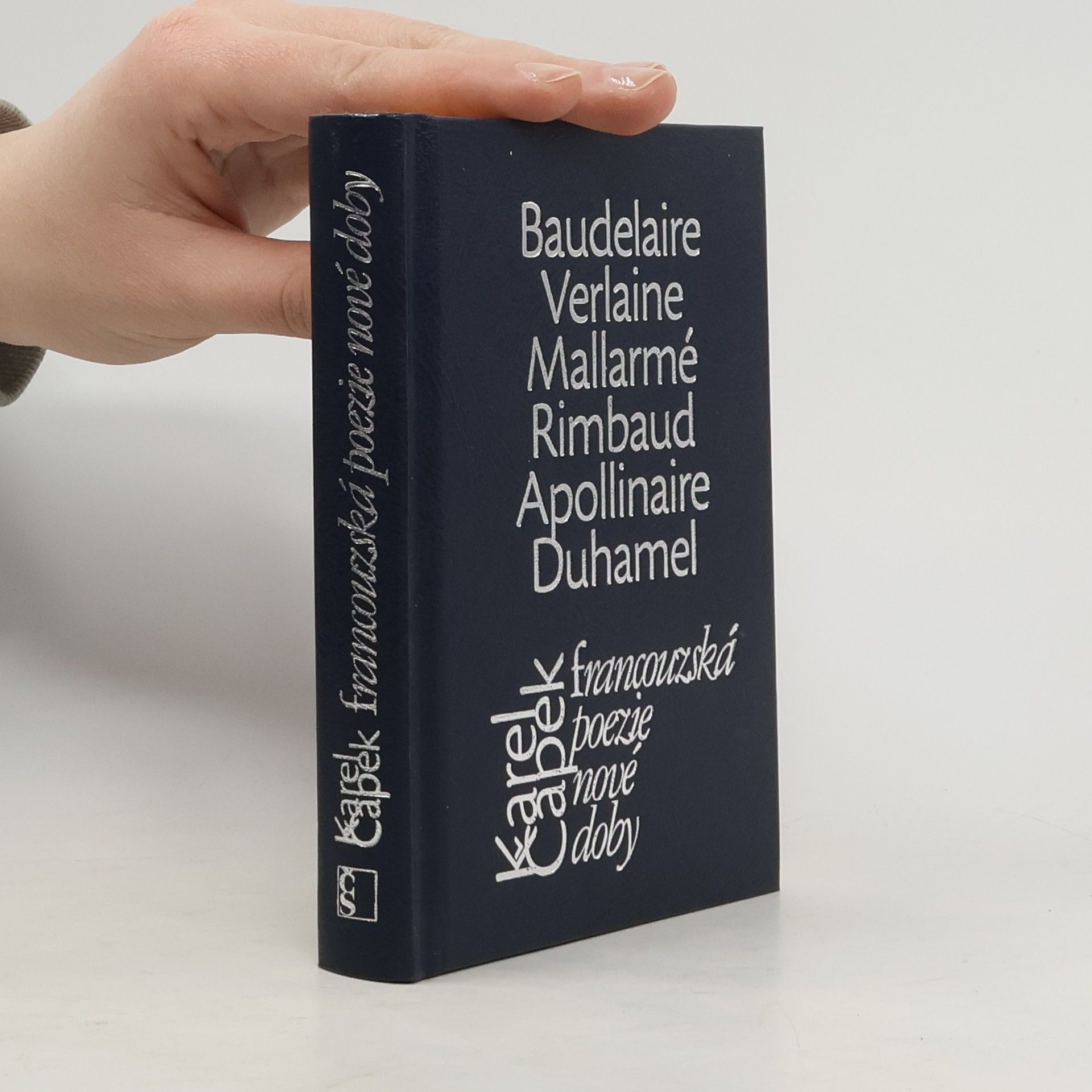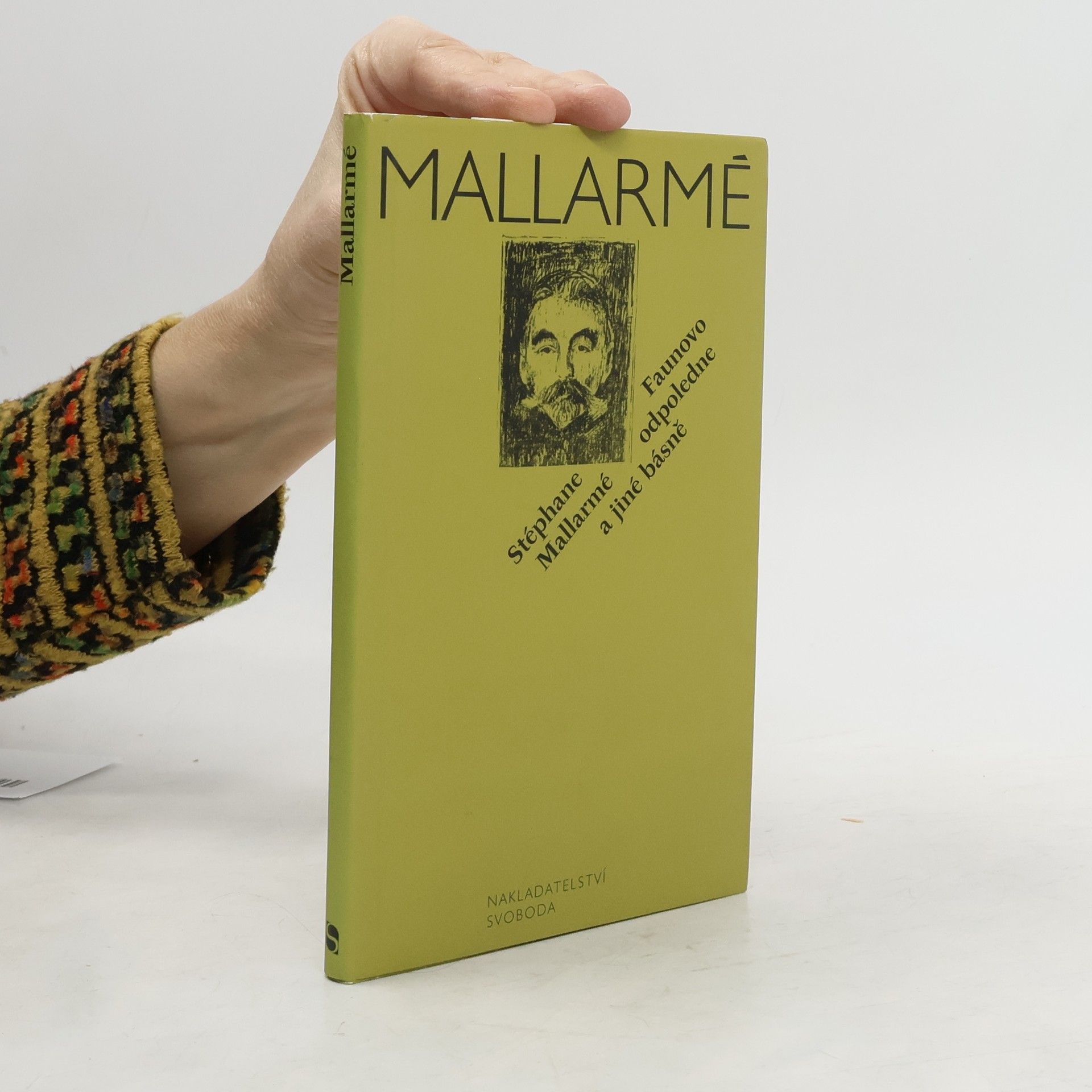Stéphane Mallarmé Libri
Stéphane Mallarmé fu un poeta simbolista francese cruciale, il cui lavoro anticipò e ispirò movimenti artistici rivoluzionari dei primi del XX secolo, tra cui il Dadaismo, il Surrealismo e il Futurismo. Il suo approccio innovativo al verso e la sua esplorazione del potenziale del linguaggio lasciarono un segno indelebile nella letteratura moderna. Mallarmé è celebrato per la sua maestria nella forma e nel simbolismo, approfondendo le sfere del linguaggio. La sua influenza sulle generazioni successive di artisti e scrittori è innegabile.

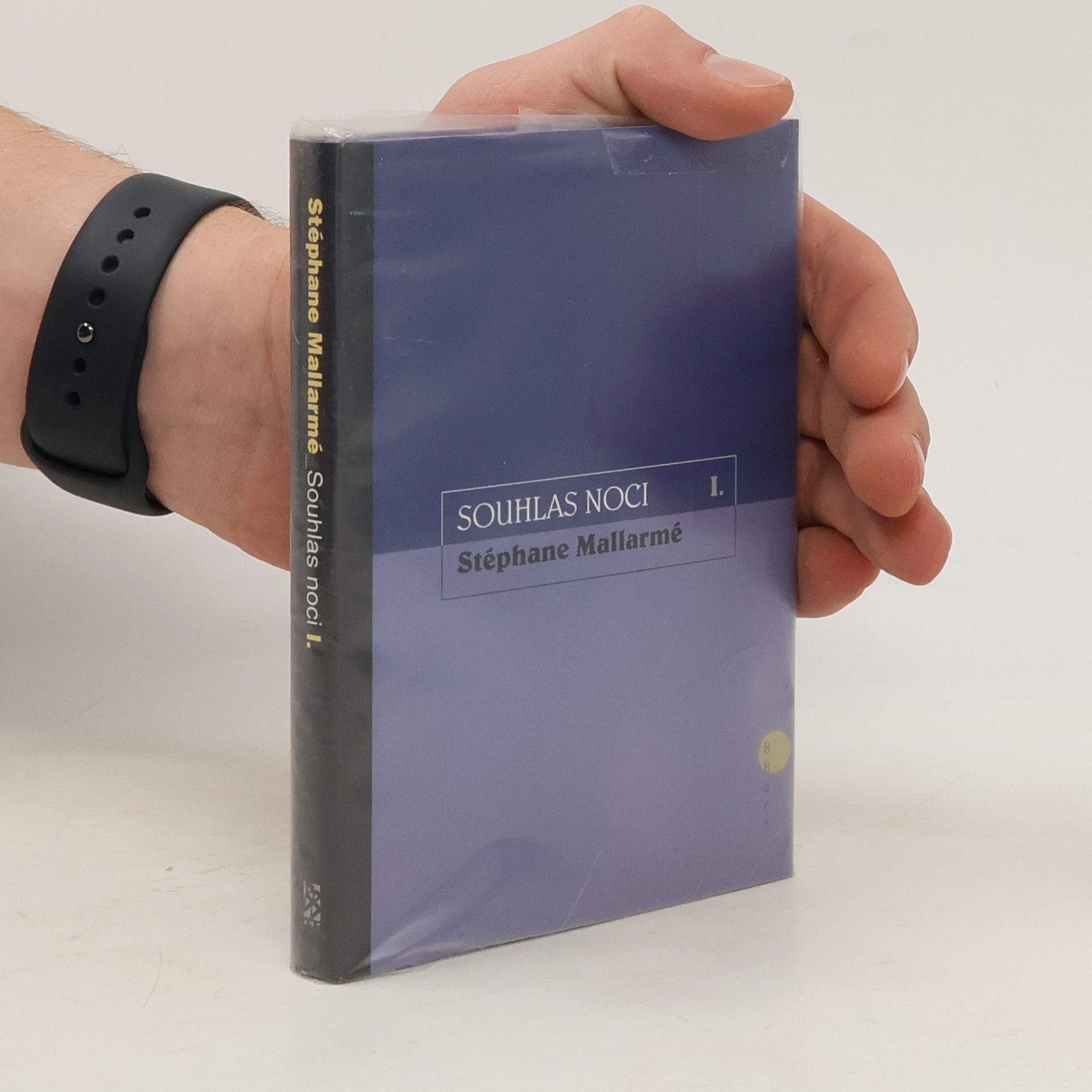
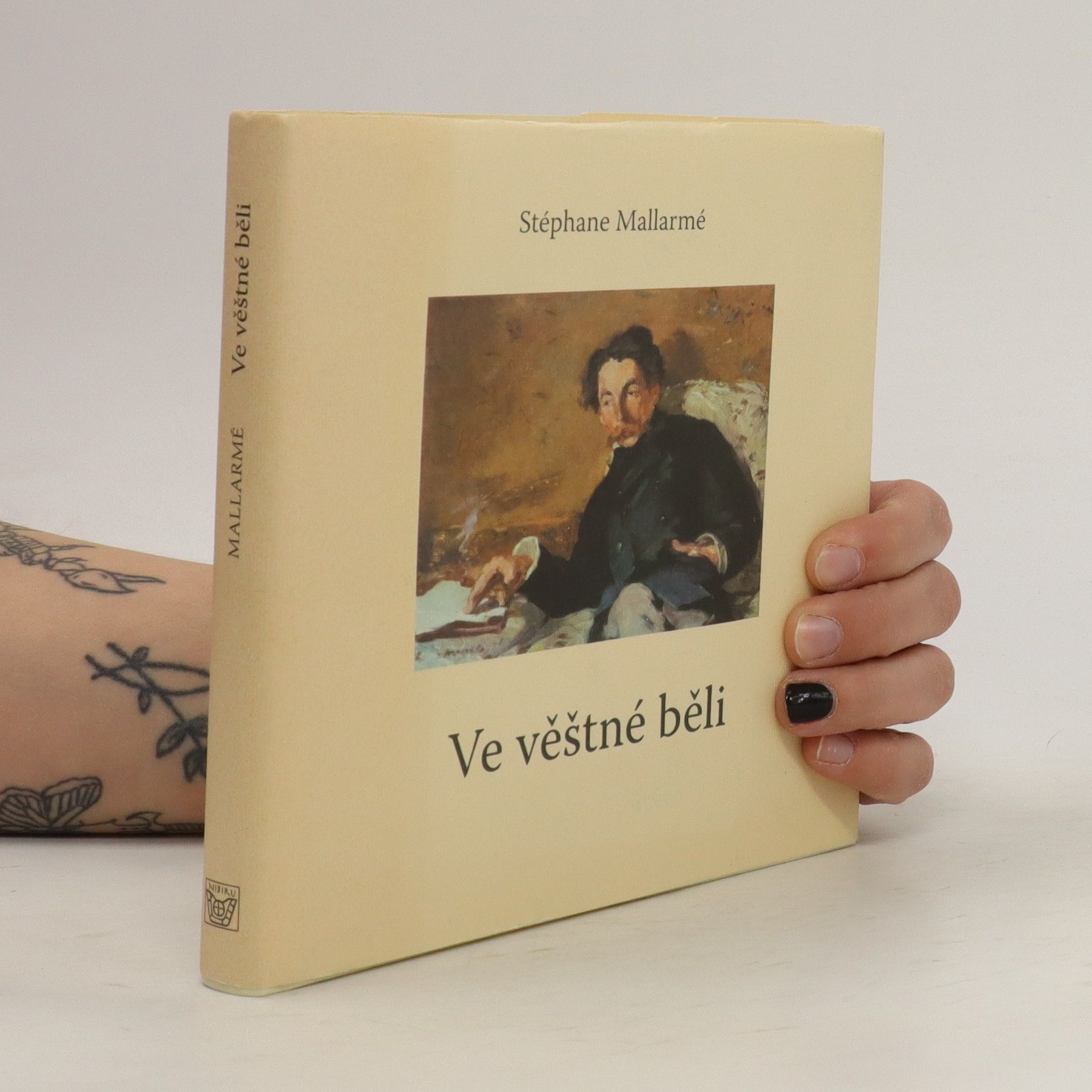
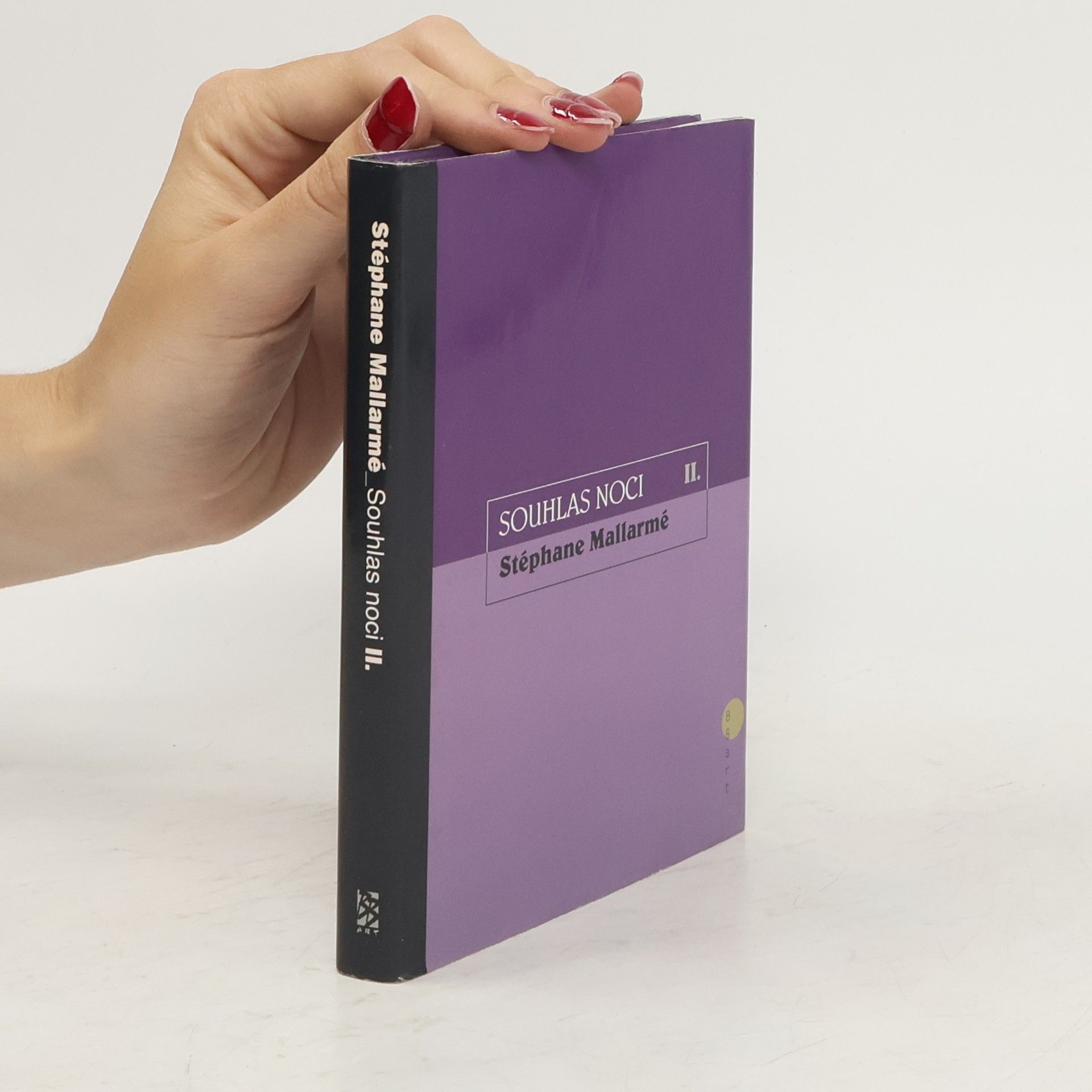
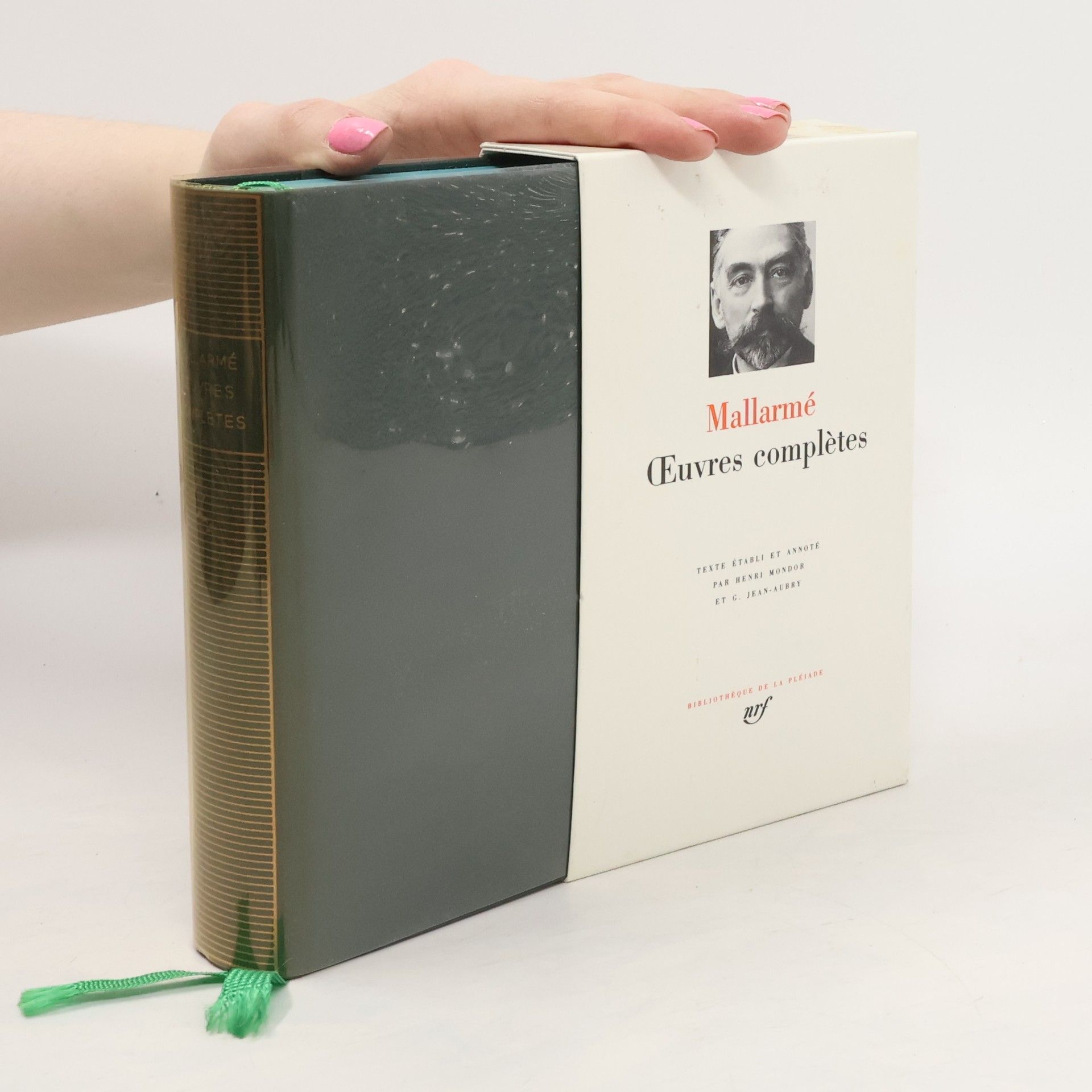

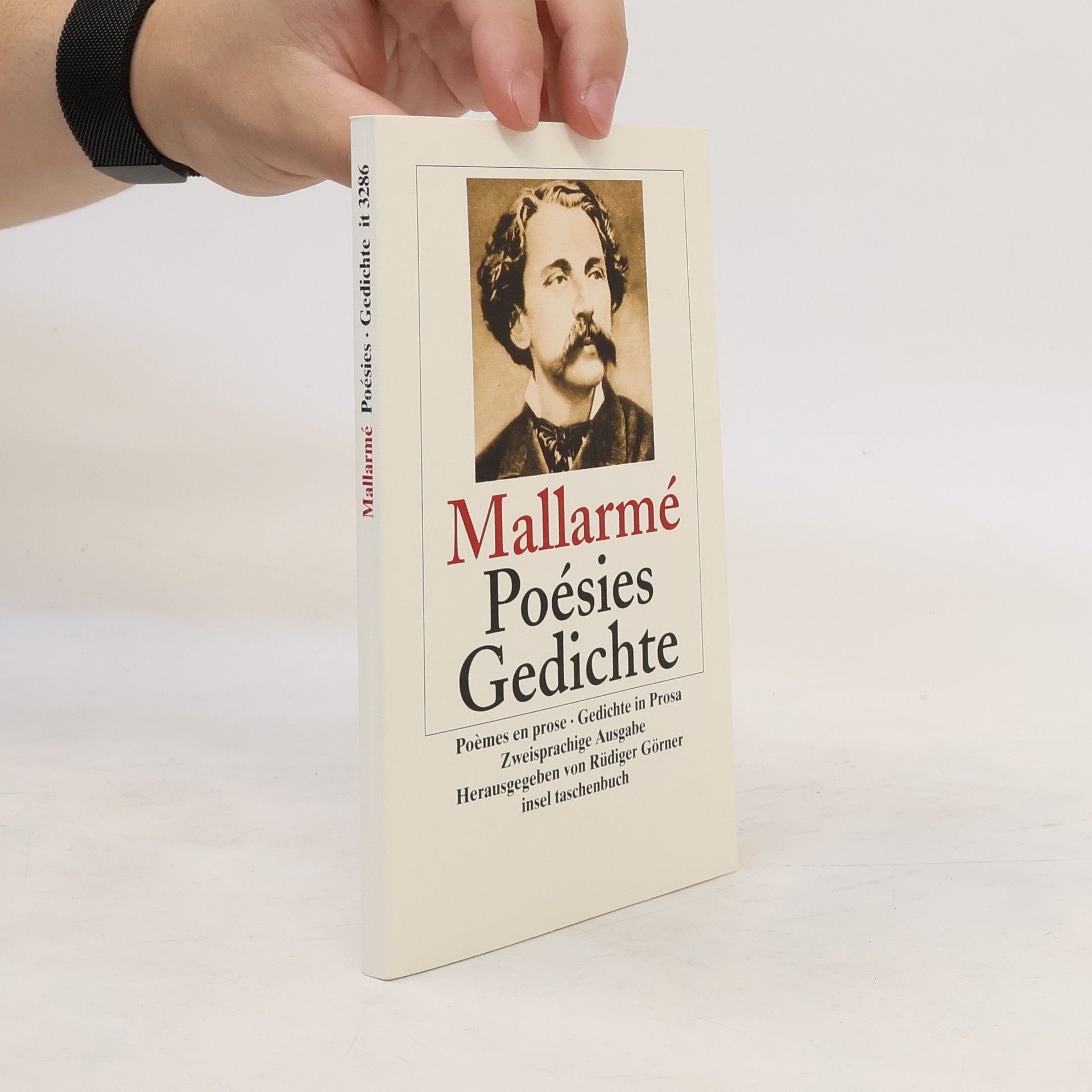
Tutte le poesie
- 366pagine
- 13 ore di lettura
La poesia di Rimbaud raggiunge vertici di straordinaria bellezza. Il poeta, di volta in volta definito malato, criminale, maledetto, si rivela in questi versi un grande “veggente” che trae dal profondo la propria voce, attraverso un programmatico “sregolamento” di tutti i sensi e la trascrive in un linguaggio dai significati stravolti. Riversa così nella scrittura una carica aggressiva che spezza lo schema metrico e sconvolge la lingua nobile della migliore tradizione letteraria, contaminandola con il lessico delle bettole per scandalizzare il lettore “borghese”. Prende corpo così la figura di un ribelle incantatore, insofferente a ogni legame, che gioca in ogni strofa gli effetti del proprio disgusto, con tale intensità da decomporre nell’esorcismo verbale l’intera sua dimensione umana e poetica.
Œuvres complètes
- 1698pagine
- 60 ore di lettura
Ce volume contient:Poëmes d'enfance et de jeunesse - Poésies - Vers de circonstance - Les Poëmes d'Edgar Poe - Proses de jeunesse - Poèmes en prose - Crayonné au théâtre - Variations sur un sujet - Un Coup de dés - Quelques médaillons et portraits en pied - Richard Wagner - Préface à «Wathek» - Le «Ten o'clock» de M. Whistler - Contes indiens - La Musique et les Lettres - Proses diverses - Les Mots anglais - Thèmes anglais - Les Dieux antiques - L'Étoile des fées.
Souhlas noci II.
- 128pagine
- 5 ore di lettura
Výbor z poezie největšího francouzského symbolisty Stephana Mallarméa Souhlas noci, rozšířený o nové překlady několika básní v próze, vychází s původní studií Jana Tomeše, jež se nesměla objevit v prvním vydání.
Ve věštné běli
- 122pagine
- 5 ore di lettura
Náš výbor Ve věštné běli (31 básní) se omezuje jen na básníkovu lyriku. Usiluje o nalezení průniku nejživotnější části Mallarméova básnického odkazu a šťastných překladatelských řešení. A co víc: obraz básníka tak skoupého na slovo o sobě, chce zahlédnout v zrcadlové síni výroků jeho významných předchůdců, současníků i potomků. Knihu doprovází 31 celostránkových reprodukcí děl impresionistů, Mallarméových současníků (ilustrace Edgar Degas, Albert Dubois-Pillet, Henri Fantin-Latour, Édouard Manet, Claude Monet, Odilon Redon, Auguste Renoir, Alfred Sisley, Félix Vallotton, James Abbott McNeill Whistler), a je vybavena rozsáhlým esejem básníka Vladimíra Janovice, doslovem univerzitní profesorky Jany Nechutové a ediční poznámkou Vladimíra Janovice.
Souhlas noci I.
- 108pagine
- 4 ore di lettura
Výbor z poezie největšího francouzského symbolisty Stephana Mallarméa Souhlas noci, rozšířený o nové překlady několika básní v próze, vychází s původní studií Jana Tomeše, jež se nesměla objevit v prvním vydání.
Žánr básní v próze, pohybující se v krajně kultivované podobě na pomezí poezie, esejů, maxim i starých rytin, se u nás příliš nepěstoval. Pro připomínku mohou padnout jména Víta Obrtela nebo Jana Vladislava a před nimi – jak jinak – Jaroslava Vrchlického. Jejich domovem je Francie. Antologie Plameny v zrcadle sleduje jejich proměny od Baudelaira přes Rimbauda, Mallarméa a Prousta až k Jacobovi a Reverdymu. Mají být „klenotem“ a „líbezným šerosvitem života“, zároveň však dovedou s radioaktivní intenzitou vyjadřovat vnitřní či vnější životní zážitek či zachytit výmluvný střípek krvavě vážné životní epizody. V literatuře reprezentují v čiré podobě řád a tvar.
Francouzská poezie nové doby
- 232pagine
- 9 ore di lettura
Výběr z poezie francouzských básníků v překladu Karla Čapka.
Faunovo odpoledne a jiné básně
- 109pagine
- 4 ore di lettura
Soubor Mallarmého veršů sestavený Jiřím Pecharem.

